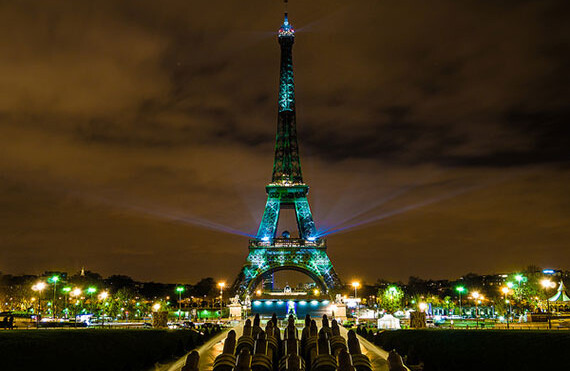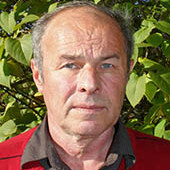Although there have been well over a 100 scientific and political meetings on climate change within the realms of the UN, global emissions are 50 percent higher today than in 1992. The challenges we face are much more severe today than when negotiations started. In this context, questioning the effectiveness and capacity of the UN to solve this global problem seems highly relevant.
For a long time the UN negotiations have been "the only game in town." In 1989, it was decided that negotiations on an international climate treaty were to be conducted under the auspices of the United Nations. The UN Framework Convention on Climate Change (UNFCCC) was adopted at the Rio Summit in 1992, the first Conference of the Parties (COP) took place in Berlin in 1995, and the Kyoto Protocol was adopted in 1997. Thus, initially the process yielded significant results in a short time. However, since then the process of negotiations has been painstakingly slow primarily due to the increasing conflict between the North and the South over commitments. Both the UN regime and the top-down legally binding approach (Kyoto Protocol) proved ineffective at problem-solving, and soon the need for alternative initiatives and governance levels became apparent.
The bottom-up approach to problem-solving was proposed back in the late 1980s, but didn't become standard practice until much later. Experts started voicing the need for having climate change policies designed and implemented at the lowest feasible level of governance: city, regional, or national level. In practice, this approach translated into the voluntary "pledge and review" approach, by which each party commits to specific greenhouse gas emissions (GHGs) reduction targets.
The "pledge and review" system was originally based on the idea that the biggest pollutants—countries from the "Global North"—would lead the pledges. But the world is a very different place than it was 20 years ago, and today China the largest emitter. The "firewall" between the North and the South in terms of commitments has broken down, and although there will still be strong variations regarding the ambition of the pledges adopted by the emerging economies, the Paris COP is a step in the right direction in this regard.
As UNFCCC negotiations struggle to make significant progress, some interesting alternative approaches emerge. Among a large variety of proposals, the "club approach" is kindling interest among scholars and practitioners. Against the obsession for multilateralism that has prevailed for the last few decades, the proponents of the "club approach" suggest the establishment of "minilateral forums" comprised by a small number of players. The thinking behind this idea is that "minilateral exclusive clubs" will be more efficient and effective at bargaining solutions for climate change, with no need to include the large majority of minor emitters in the debate. Thus, pre-existing state-based institutions like the G-8, the G-20 and the World Bank have recently come together to engage with climate change-related issues. Australia, Canada, the People's Republic of China, India, Japan, the Republic of Korea, and the United States partnered to create the Asia Pacific Partnership (APP), a joint initiative between major emitters both from "developed" and "developing" states that since 2005 pursued to accelerate climate change mitigation efforts. The Major Economic Forum on Energy and Climate Change (MEF), created in 2009, tries to "advance the exploration of concrete initiatives that increase the supply of clean energy while cutting greenhouse gas emissions," by bringing together the 17 largest state emitters who account for 80 percent of global GHG emissions.
Although there may be convincing theoretical and political arguments for the superiority of the "club approach" compared to the UN regime, so far, their significance has been limited. What is more, the only real alternative to the UN climate regime, the APP, closed down in 2011. Lastly, the dialogue forums (MEF, G-7/8, and G-20) may represent useful meeting venues for the most powerful countries, but they have had limited influence on the UNFCCC negotiations as well as on the issue of climate change more generally.
Critics are right in that the UN has not delivered on the issue of emissions reduction, but neither have the alternative approaches described in this article. Many of the additional international partnerships are innovative and vibrant, in contrast to the ideological "blame-game" characterizing the UN process; but clever institutional design won't alone remove the effects of deep-seated political and ideological conflicts. Paris is a step in the right direction as all major players will be adopting emission pledges. However, as long as we don't address two most important drivers of global emissions—global population increase and economic growth—the prospects are bleak.




